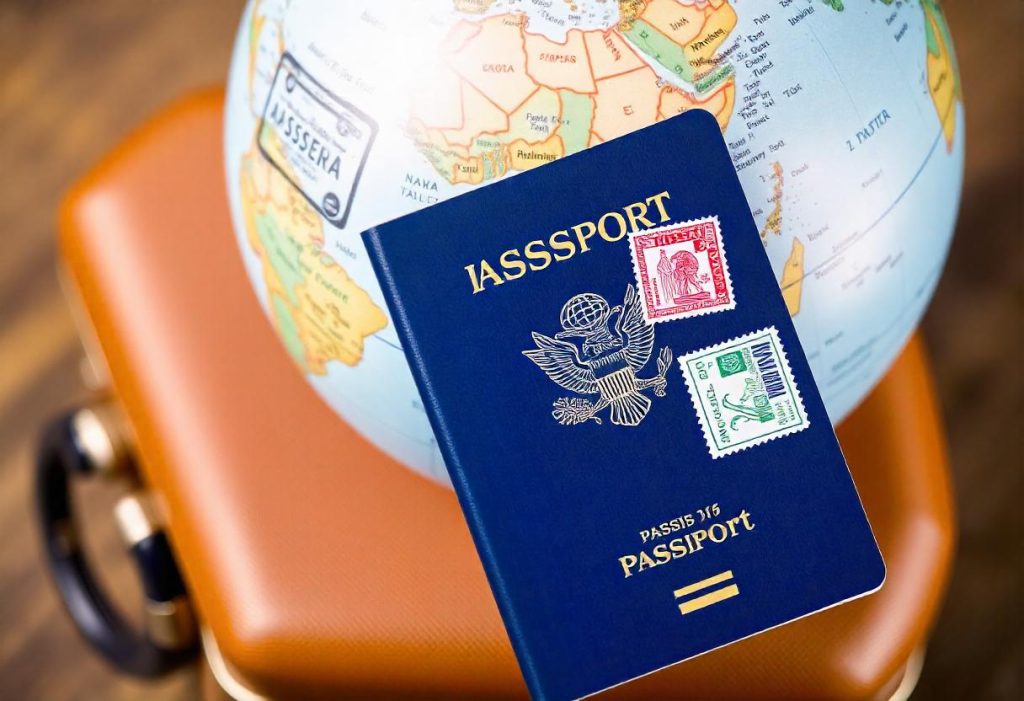Top 10 Global Internships For College Graduates
Pursuing an internship can be a pivotal step for college graduates looking to kickstart their careers. Global internships provide valuable international experience, helping graduates develop essential skills, expand their networks, and enhance their resumes. Here are ten top global internship programs that offer exciting opportunities for college graduates: 1. United Nations Internships Location: Various UN offices worldwide Overview: The UN offers internships across multiple departments, allowing interns to gain hands-on experience in international relations, development, and humanitarian work. Eligibility: Open to students and recent graduates from diverse academic backgrounds. 2. AIESEC Global Volunteer Location: Various countries worldwide Overview: AIESEC offers volunteering opportunities that focus on social impact projects in areas such as education, health, and environment. Interns work with local organizations while gaining leadership experience. Eligibility: Open to students and recent graduates aged 18-30. 3. Internship Program at the European Union Location: Brussels, Belgium Overview: The EU offers internships at various institutions, including the European Commission and European Parliament. Interns engage in policy research, communications, and administrative support. Eligibility: Open to university students and graduates with an interest in EU affairs. 4. Cultural Vistas Internships Location: Various countries (e.g., Germany, Argentina, Japan) Overview: Cultural Vistas offers internships in diverse fields, including business, engineering, and nonprofit sectors. The program emphasizes cultural exchange and professional development. Eligibility: Open to college students and recent graduates from accredited institutions. 5. GoinGlobal Internship Program Location: Various countries Overview: GoinGlobal provides access to internship listings and resources in various industries worldwide, including job search strategies, visa information, and cultural insights. Eligibility: Typically open to students and recent graduates. 6. IAESTE Internship Program Location: Various countries Overview: IAESTE (International Association for the Exchange of Students for Technical Experience) facilitates paid internships in engineering, science, and technology fields for students worldwide. Eligibility: Open to students in technical fields at participating universities. 7. Google Internships Location: Global (offices in various countries) Overview: Google offers internships in various fields, including software engineering, marketing, and product management. Interns work on real projects and receive mentorship from experienced professionals. Eligibility: Open to students pursuing degrees in relevant fields, including computer science and business. 8. World Bank Internships Location: Washington, D.C. and various global locations Overview: The World Bank offers internships for graduate students and recent graduates interested in international development, economics, and policy research. Eligibility: Open to students pursuing a master’s degree or higher in relevant fields. 9. Deloitte Global Internship Program Location: Various countries Overview: Deloitte offers internships in consulting, audit, and tax services. Interns gain hands-on experience in solving real business problems while working alongside professionals. Eligibility: Open to students pursuing degrees in business, finance, or related fields. 10. UNICEF Internship Programme Location: Various global offices Overview: UNICEF offers internships for students and recent graduates interested in child rights, humanitarian assistance, and international development. Interns contribute to projects that improve the lives of children and families worldwide. Eligibility: Open to students and recent graduates, with a preference for those studying social sciences, education, or international relations. Conclusion Global internships offer invaluable experiences that can shape a graduate’s career trajectory. The opportunities listed above provide a diverse range of fields and locations, catering to different interests and academic backgrounds. By applying to these programs, college graduates can gain practical experience, develop critical skills, and create a network of international contacts that will benefit them in their future careers.
Top 10 Global Internships For College Graduates Read More »










